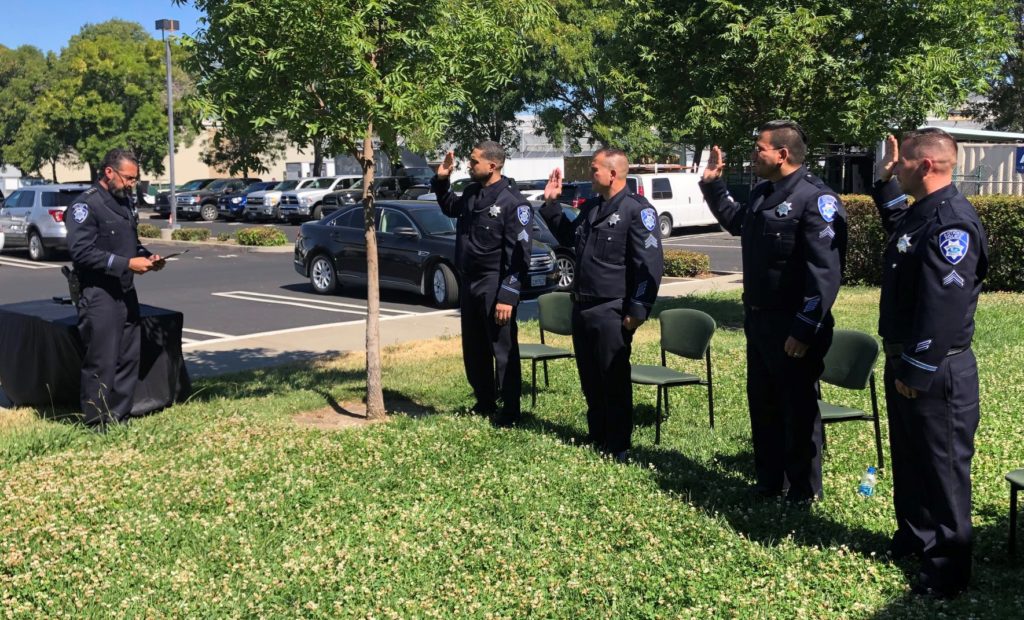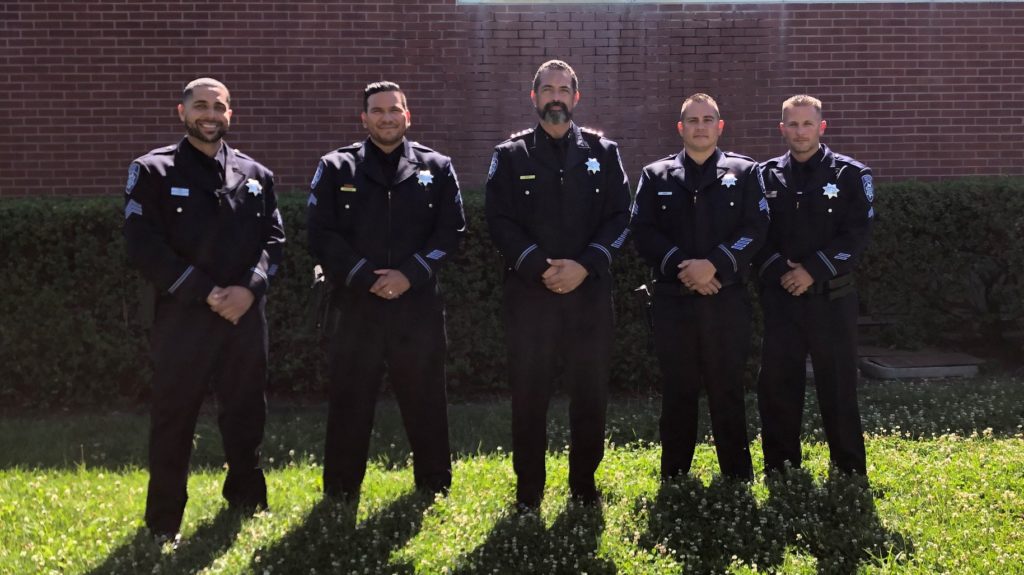Oh my heaven, on 7-11: New county health order bans indoor church services again, outdoor diners must wear masks except when eating and more
Saturday, July 11th, 2020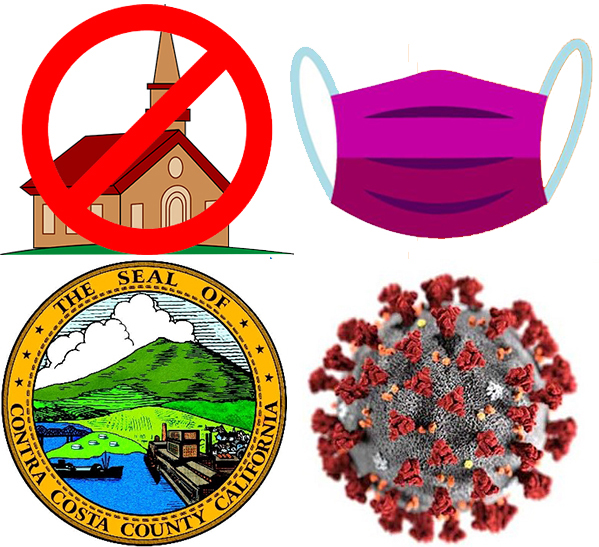
More than 8% of Contra Costa COVID-19 tests now positive
From Contra Costa County Health Services
Due to a sharp rise in the percentage of COVID-19 tests returning positive in the community, Contra Costa County Health Officer, Dr. Chris Farnitano today, Saturday, July 11, 2020 amended its social distancing health order to temporarily tighten face-covering requirements and prohibit indoor gatherings where there is elevated risk of spreading the virus. (See details, here and CCC Full Health Order 07-11-20)
Local data show that 8.04 percent of COVID-19 tests administered over the past seven days were positive, a sign that the virus is spreading rapidly in the county and that the community must take immediate steps to prevent our healthcare system from becoming overwhelmed.
Contra Costa is especially concerned about the risk of COVID-19 transmission in indoor gatherings, and in gatherings that involve removing face coverings for eating and drinking.
When Contra Costa received authorization (variance) from the California Department of Public Health in June to allow the reopening of some businesses and activities, the plan we submitted indicated that an 8% testing positivity rate would trigger the review and reconsideration of reopening activities in the county.
Other indicators show COVID-19 is on the rise in Contra Costa communities. The seven-day average number of new cases identified in the county rose from 38 on June 8 to 146 on July 8, while the seven-day average number of hospitalized COVID-19 patients rose from 17 to 54 during the same period. As of Saturday morning at 11:30 a.m. there are no 77 COVID-19 patients in Contra Costa County hospitals. (See more statistics on the CCHealth Coronavirus Dashboard)
The 209 adult intensive care unit beds in Contra Costa County hospitals are on average a little more than half-full on a given day, including COVID-19 patients and patients with other health concerns.
Given the rapid spread of local cases, Contra Costa Health Services (CCHS) is concerned that the number of patients needing intensive care could quickly exceed capacity.
According to the new health order, indoor worship services are temporarily prohibited, effective on Sunday at 11:59 p.m. Services held earlier on Sunday, July 12, are not subject to this change.
Certain categories of outdoor gatherings, including worship services and social protests, are permitted at any size in Contra Costa so long as state health guidelines are followed, including physical distancing and appropriate use of face coverings. (State guidelines for outdoor worship services and protests)
In outdoor dining settings, staff and customers must now observe face covering requirements at all times, except when putting food or drink in the mouth. The new order also increases guidance for businesses that serve alcohol with meals to better align with state guidelines.
Members of extended family “social bubbles” must now always use face coverings when together, except when putting food or drink in the mouth.
Contra Costa County hopes to ease these enhanced, extraordinary safety measures as soon as possible, and will review available health system data daily to determine when it is safe to do so.
CCHS urges everyone to continue taking simple steps to protect themselves from COVID-19: Follow the social distancing order, and wear a face covering when you go out or are near other people. Wash your hands thoroughly and frequently, and always stay home from work or school if you are not feeling well.
In response, the following questions were sent to Contra Costa County Health Officer Dr. Chris Farnitano, Board of Supervisors Chair Candace Andersen and the county health communications staff:
Why are indoor church services being shut down, again?
What statistics can you show that they were the direct cause of the spike in the recent COVID-19 cases in our county? Especially since those who attend worship services have been required to social distance and wear masks while attending an indoor service.
Might it be from other activities such as swimming or a variety of other activities?
Is everyone who gets tested given a questionnaire in which they report what their activities have been for the previous 14 days? If so, can you please provide a copy of the questionnaire?
If not, how do you know and are you merely making assumptions and an arbitrary decision to once again unfairly target people of faith who have the most First Amendment protections while exercising their freedom of religion than any other activity in our nation, since they also have the freedom of peaceful assembly?
Finally, how many of the positive cases in our county are from people outside of the county being brought into our county from elsewhere?
Please check back later for answers to these questions and more.
Visit cchealth.org/coronavirus to read the new health order, and for local information about Contra Costa’s response to the COVID-19 pandemic.
Allen Payton contributed to this report.











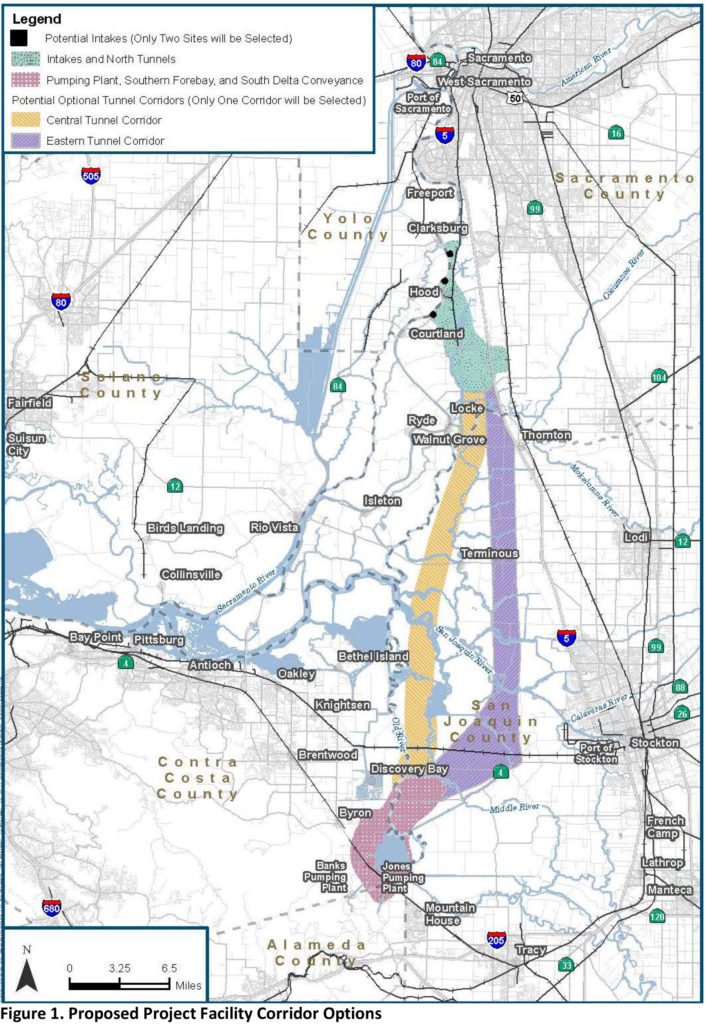

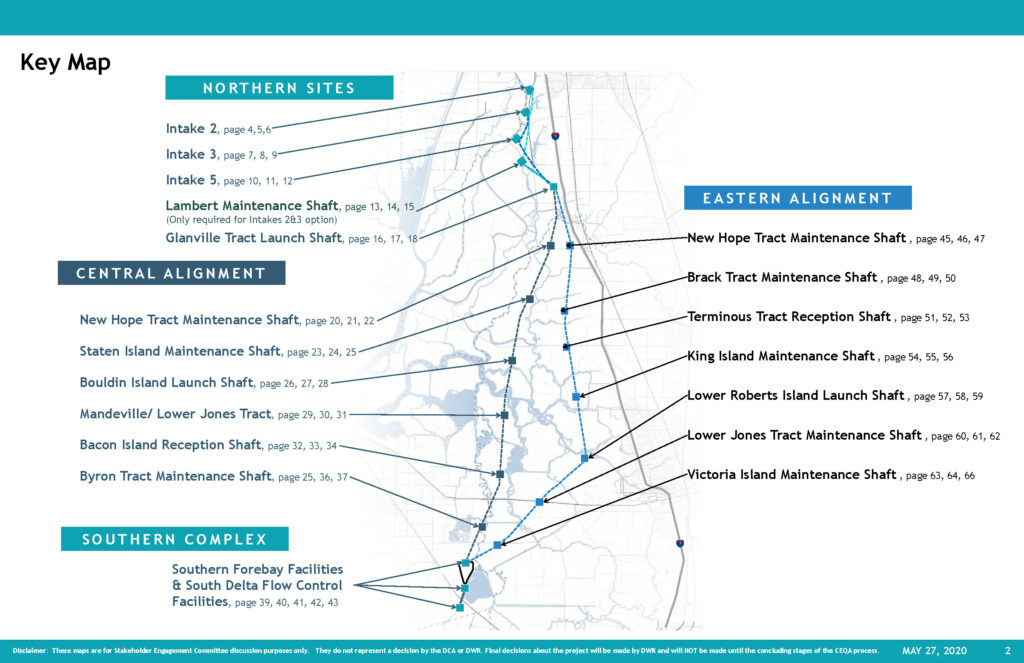
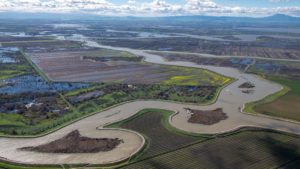
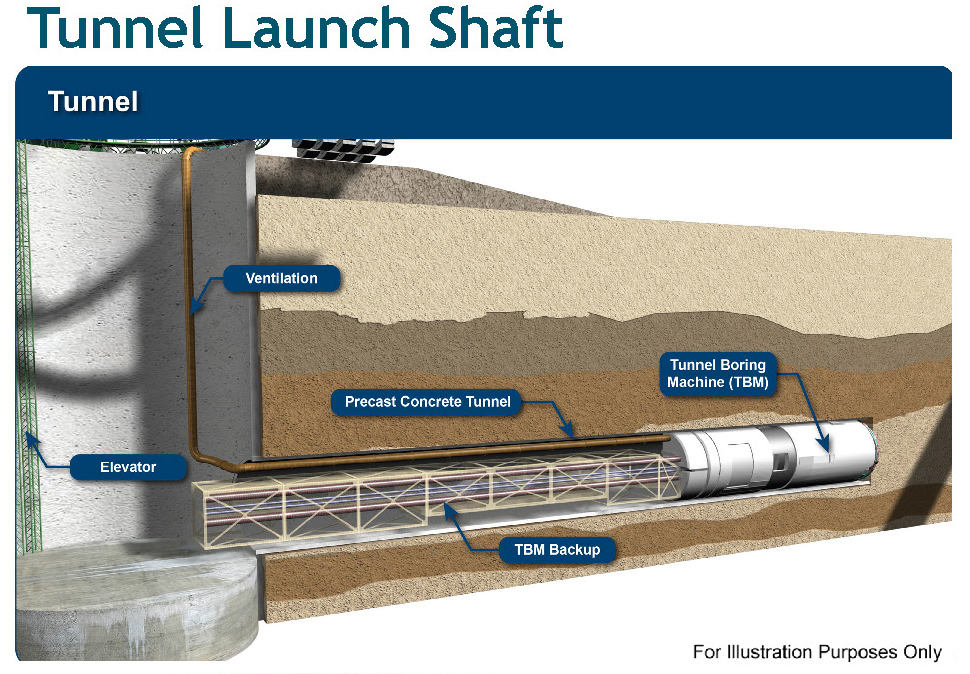
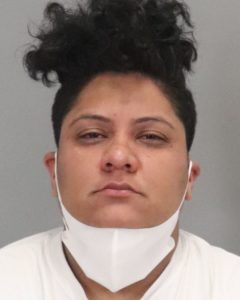
 Rios was arrested in Pleasanton and is currently being held at the Santa Clara County Main Jail on $1,000,000 bail. The case number is 20-189-0183B.
Rios was arrested in Pleasanton and is currently being held at the Santa Clara County Main Jail on $1,000,000 bail. The case number is 20-189-0183B.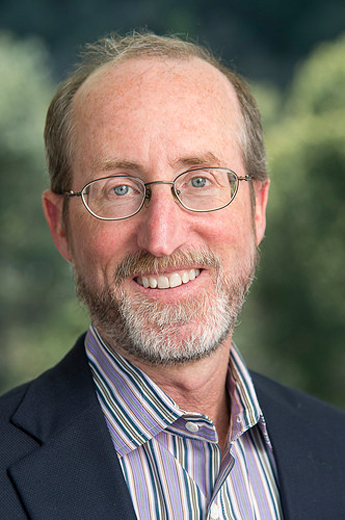
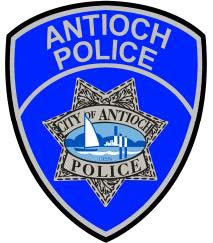 On July 8th, 2020 at 10:51 PM, Antioch Police Department patrol officers were dispatched to the
On July 8th, 2020 at 10:51 PM, Antioch Police Department patrol officers were dispatched to the  On July 8th, 2020 at 9:08 AM, Antioch Police Department patrol officers were dispatched to the area of Cavallo Road and E. 18th Street for a shooting. Upon arrival, officers located a 35-year-old male in front of the Romi’s Liquor & Food at
On July 8th, 2020 at 9:08 AM, Antioch Police Department patrol officers were dispatched to the area of Cavallo Road and E. 18th Street for a shooting. Upon arrival, officers located a 35-year-old male in front of the Romi’s Liquor & Food at 